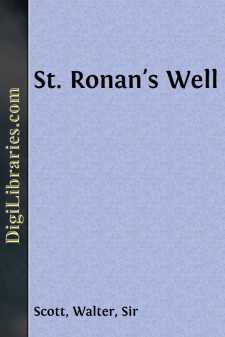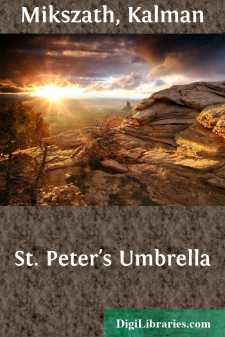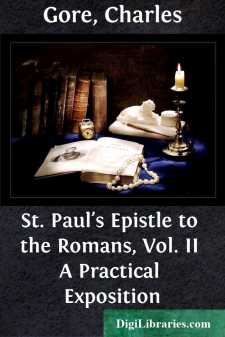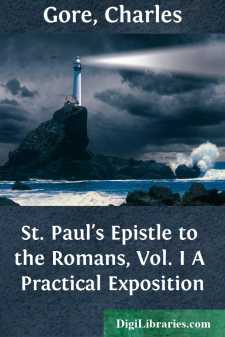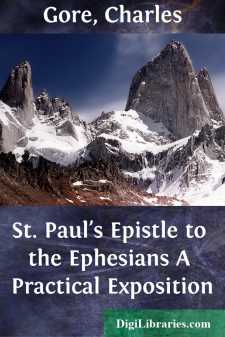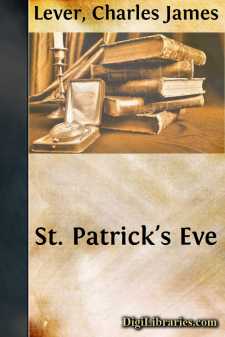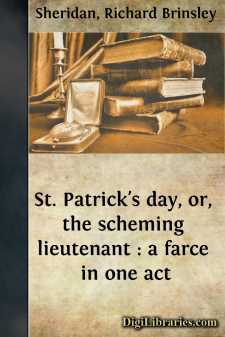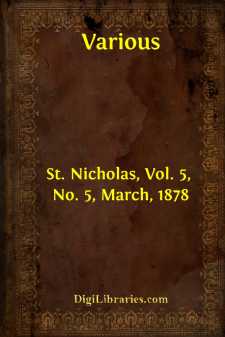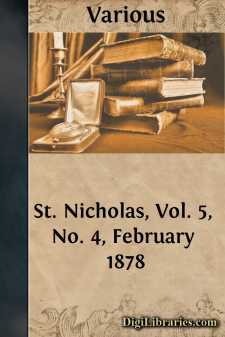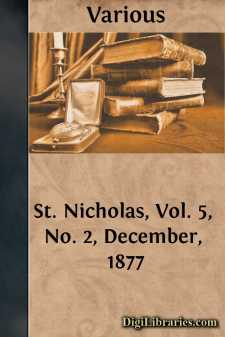Categories
- Antiques & Collectibles 13
- Architecture 36
- Art 48
- Bibles 22
- Biography & Autobiography 813
- Body, Mind & Spirit 142
- Business & Economics 28
- Children's Books 13
- Children's Fiction 10
- Computers 4
- Cooking 94
- Crafts & Hobbies 4
- Drama 346
- Education 46
- Family & Relationships 57
- Fiction 11828
- Games 19
- Gardening 17
- Health & Fitness 34
- History 1377
- House & Home 1
- Humor 147
- Juvenile Fiction 1873
- Juvenile Nonfiction 202
- Language Arts & Disciplines 88
- Law 16
- Literary Collections 686
- Literary Criticism 179
- Mathematics 13
- Medical 41
- Music 40
- Nature 179
- Non-Classifiable 1768
- Performing Arts 7
- Periodicals 1453
- Philosophy 64
- Photography 2
- Poetry 896
- Political Science 203
- Psychology 42
- Reference 154
- Religion 513
- Science 126
- Self-Help 84
- Social Science 81
- Sports & Recreation 34
- Study Aids 3
- Technology & Engineering 59
- Transportation 23
- Travel 463
- True Crime 29
Sort by:
by:
Walter Scott
“‘St. Ronan's Well’ is not so much my favourite as certain of its predecessors,” Lady Louisa Stuart wrote to Scott on March 26, 1824. “Yet still I see the author's hand in it, et c'est tout dire. Meg Dods, the meeting” (vol. i. chap. ix.), “and the last scene between Clara and her brother, are marked with the true stamp, not to be matched or mistaken. Is the Siege of...
more...
by:
Kalman Mikszath
INTRODUCTION Kálmán Mikszáth, perhaps the most purely national, certainly, after Jókai, the most popular of all the Magyar novelists, was born at Szklabonya, in the county of Nográd, on January 16th, 1849. Educated at Rimaszombáth and Pest, he adopted the legal profession, and settled down as a magistrate in his native county, where his family had for generations lived the placid, patriarchal...
more...
by:
Charles Gore
St. Paul has concluded his great exposition of the meaning of 'the gospel': that in it is the disclosure of a divine righteousness into which all mankind—Jews and Gentiles on the same level of need and sin—are to be freely admitted by simply believing in Jesus. The believer in Jesus first welcomes the absolute and unmerited forgiveness of his sins, which his redeemer has won for him, and...
more...
by:
Charles Gore
Introduction. i. St. Paul's great Epistle to the Romans was written, as may be quite confidently asserted, from Corinth, during the second visit to Greece recorded in the Acts[], i.e. in the beginning of the year commonly reckoned 58, but perhaps more correctly 56 A.D.—the year following the writing of the Epistles to the Corinthians. The reasons for this confident statement, and indeed for all...
more...
by:
Charles Gore
Introduction. i. Introduction There are two great rivers of Europe which, in their course, offer a not uninstructive analogy to the Church of God. The Rhine and the Rhone both take their rise from mountain glaciers, and for the first hundred or hundred and fifty miles from their sources they run turbid as glacier streams always are, and for the most part turbulent as mountain torrents. Then they enter...
more...
FIRST ERA. IT was on the 16th of March, the eve of St. Patrick, not quite twenty years ago, that a little village on the bank of Lough Corrib was celebrating in its annual fair "the holy times," devoting one day to every species of enjoyment and pleasure, and on the next, by practising prayers and penance of various kinds, as it were to prepare their minds to resume their worldly duties in a...
more...
ACT I. SCENE I.—LIEUTENANT O'CONNOR's Lodgings. Enter SERJEANT TROUNCE, CORPORAL FLINT, and four SOLDIERS. 1 Sol. I say you are wrong; we should all speak together, each for himself, and all at once, that we may be heard the better. 2 Sol. Right, Jack, we'll argue in platoons. 3 Sol. Ay, ay, let him have our grievances in a volley, and if we be to have a spokesman, there's the...
more...
by:
Various
HANSA, THE LITTLE LAPP MAIDEN.BY KATHARINE LEE. Once upon a time, in a very small village on the borders of one of the great pine forests of Norway, there lived a wood-cutter, named Peder Olsen. He had built himself a little log-house, in which he dwelt with his twin boys, Olaf and Erik, and their little sister Olga. Merry, happy children were these three, full of life and health, and always ready for...
more...
by:
Various
THE SHEPHERD-BOY.BY EMILY S. OAKEY.Little Roy led his sheep down to pasture,And his cows, by the side of the brook;But his cows never drank any water,And his sheep never needed a crook.For the pasture was gay as a garden,And it glowed with a flowery red;But the meadows had never a grass-blade,And the brooklet—it slept in its bed;And it lay without sparkle or murmur,Nor reflected the blue of the...
more...
by:
Various
THE THREE KINGS.BY HENRY W. LONGFELLOW.Three Kings came riding from far away,Melchior and Gaspar and Baltazar;Three Wise Men out of the East were they,And they traveled by night and they slept by day,For their guide was a beautiful, wonderful star.The star was so beautiful, large and clear,That all the other stars of the skyBecame a white mist in the atmosphere,And the Wise Men knew that the coming was...
more...


